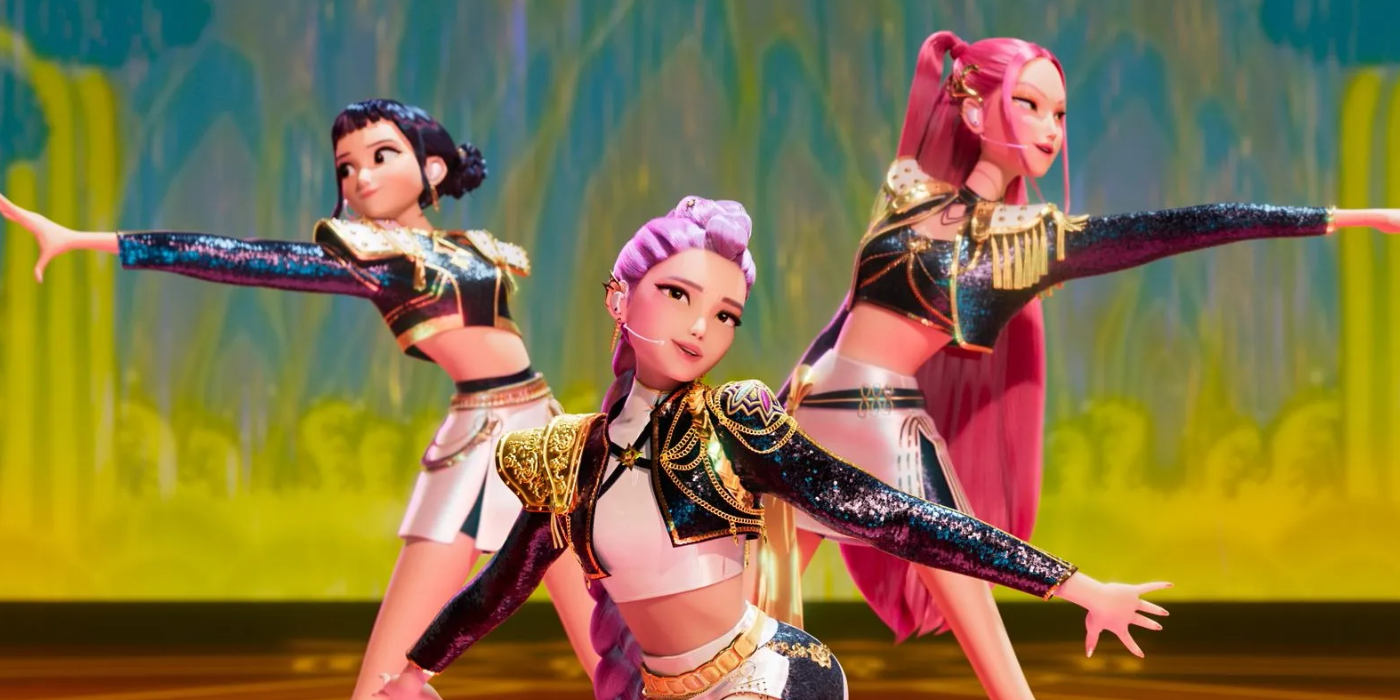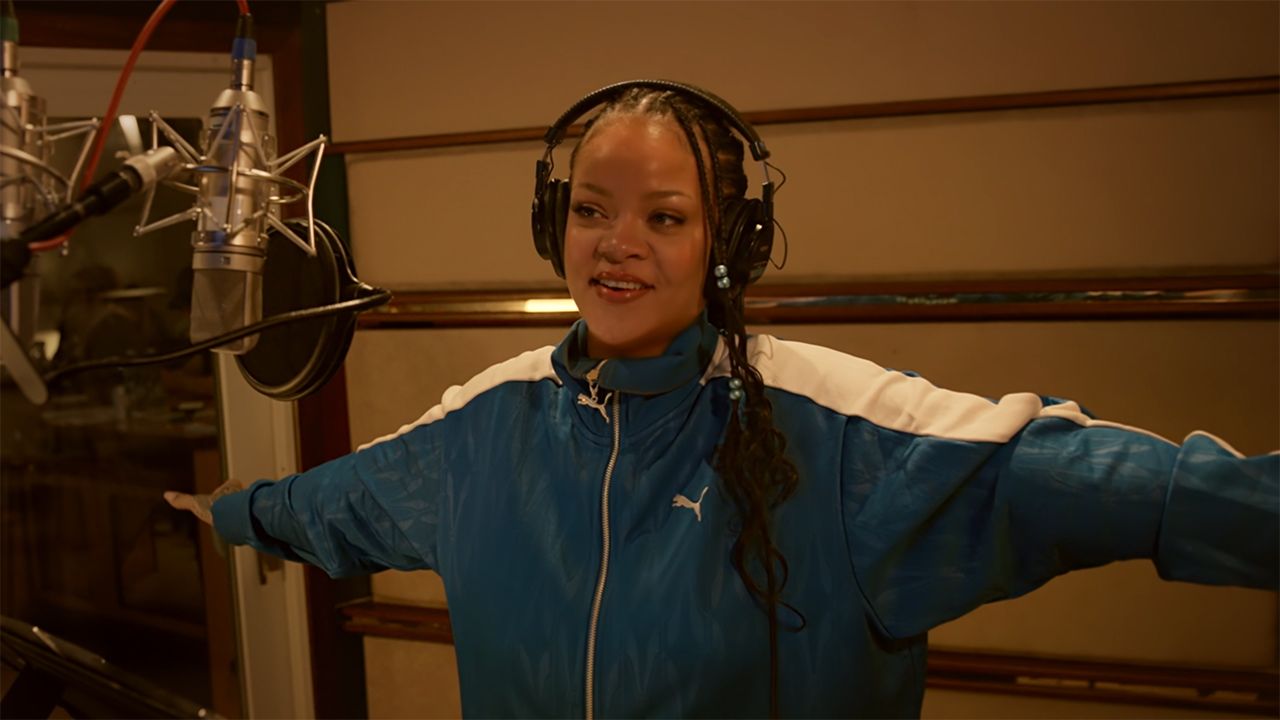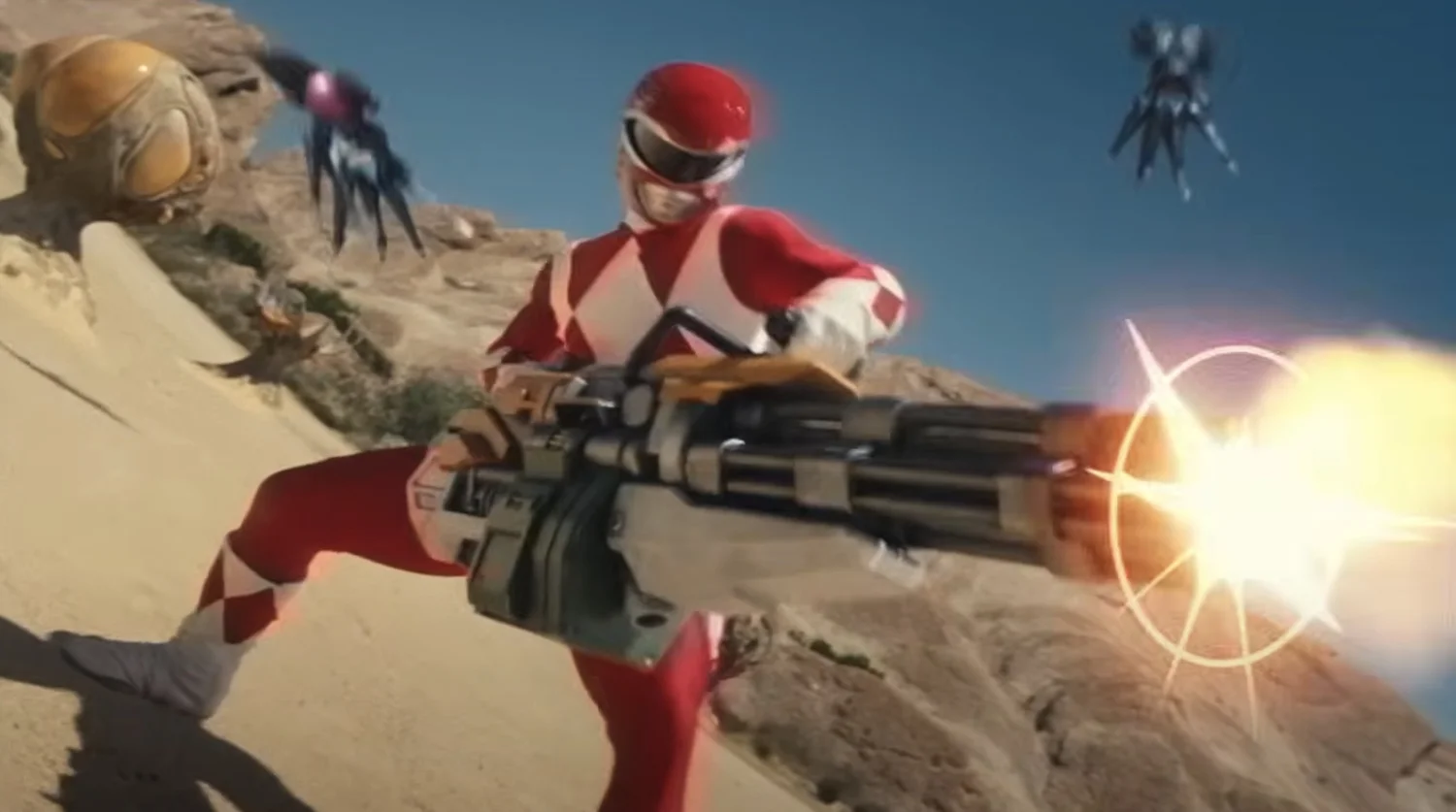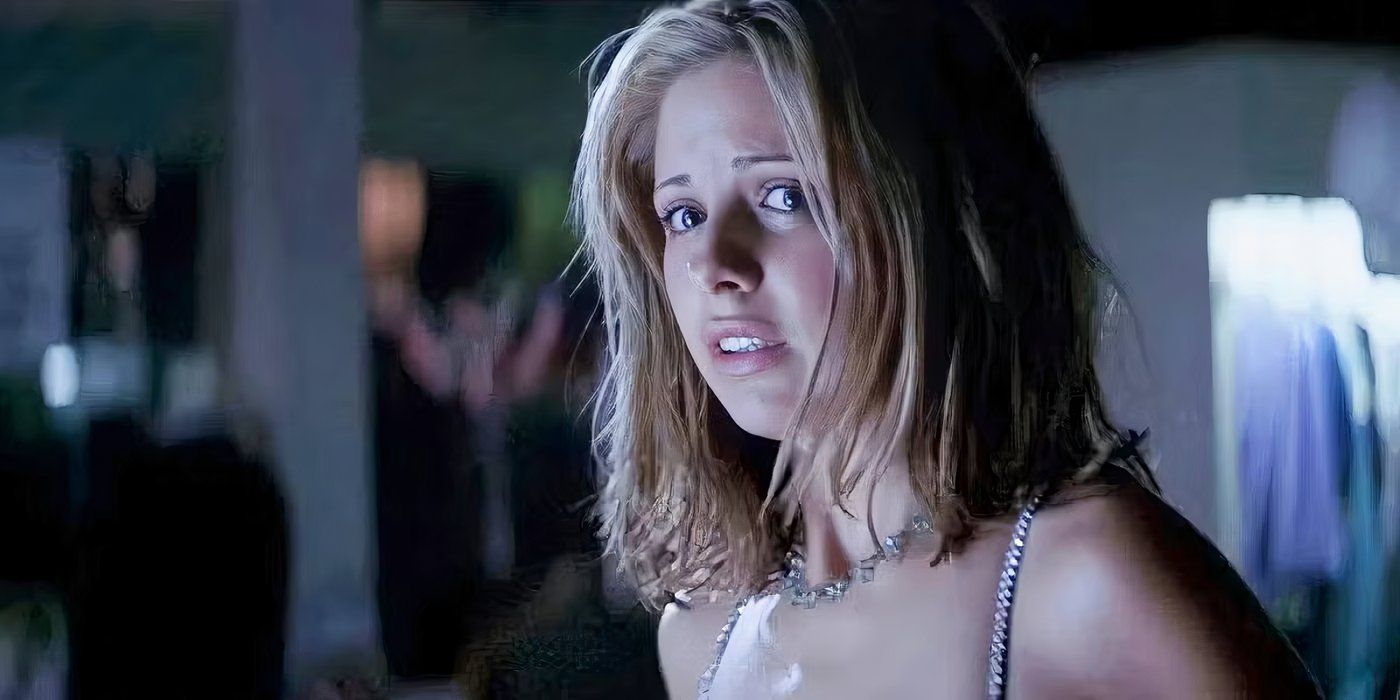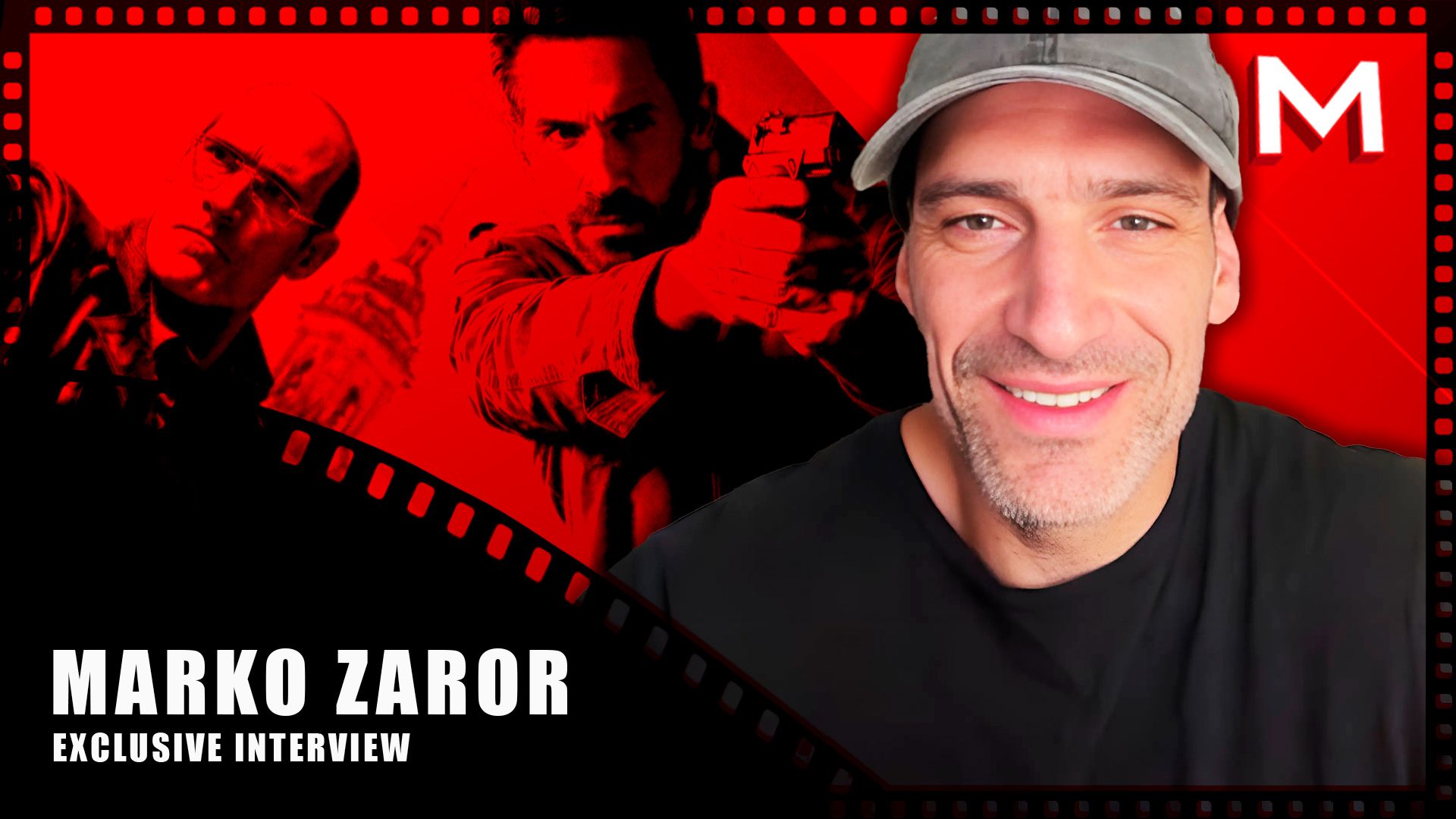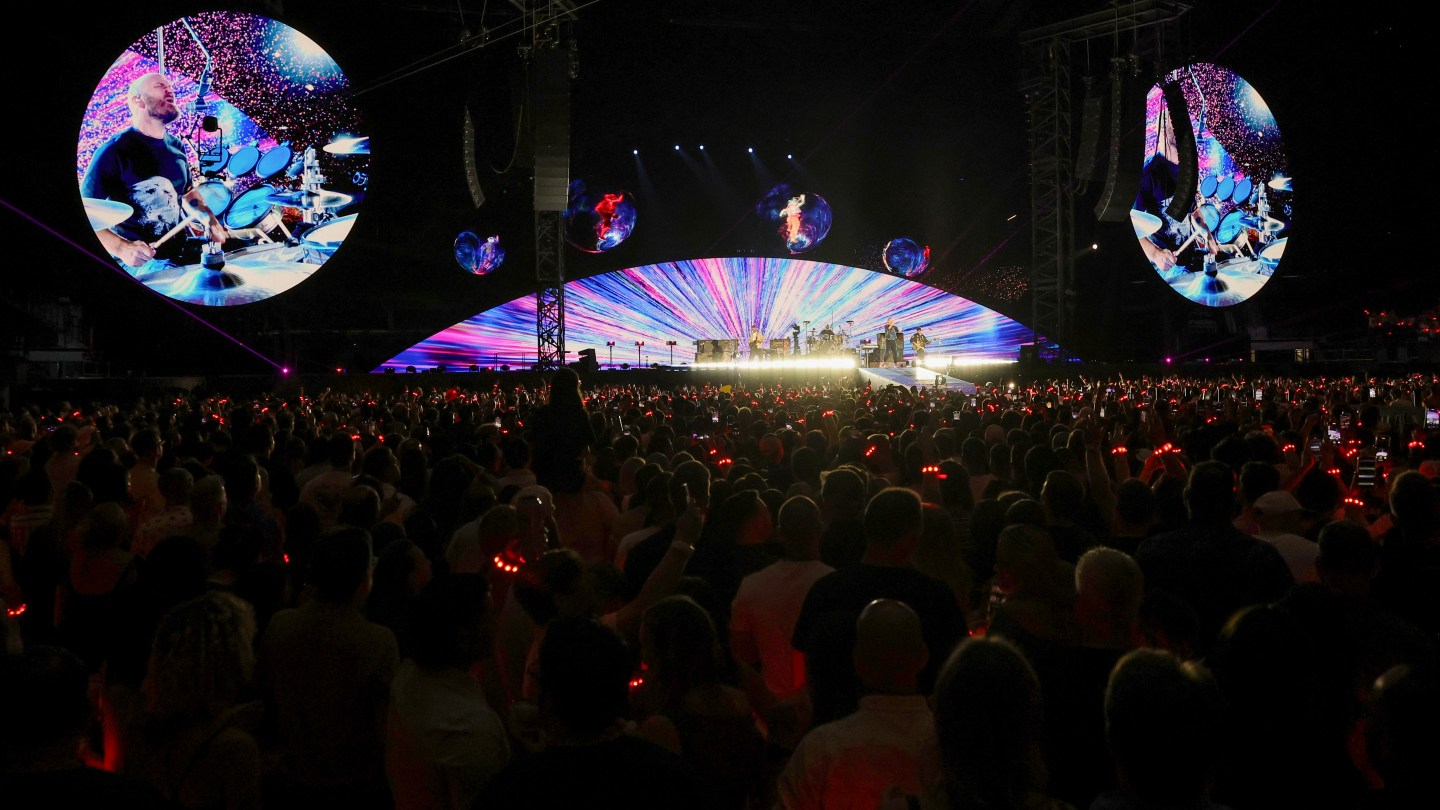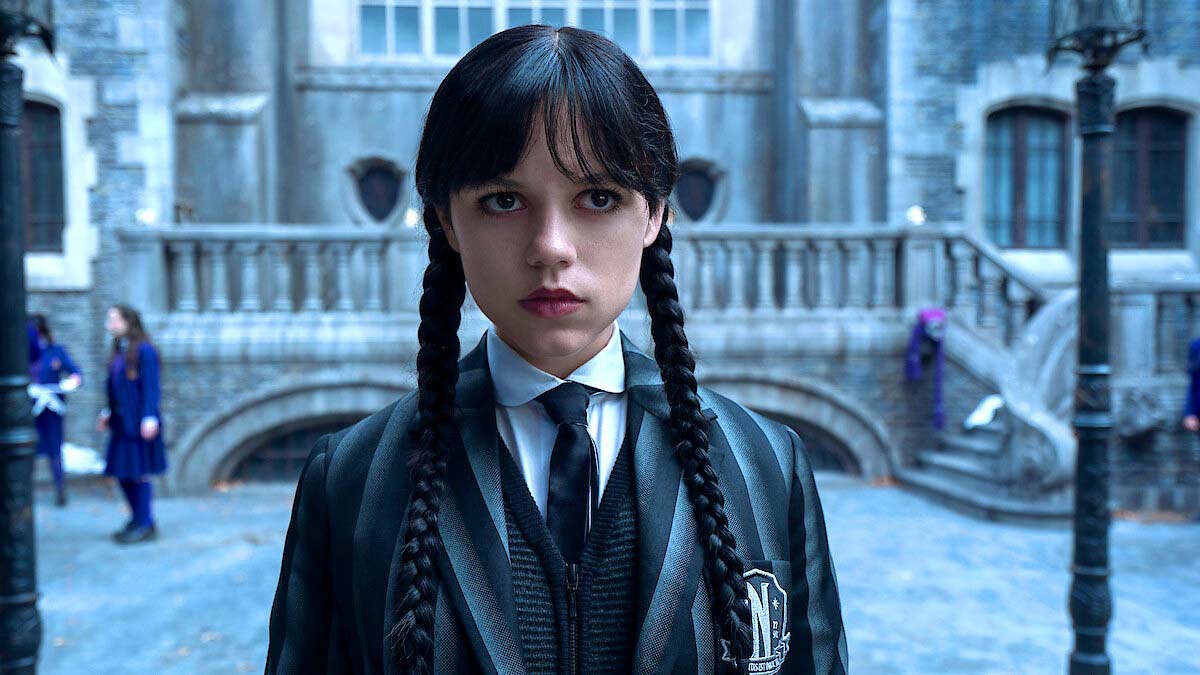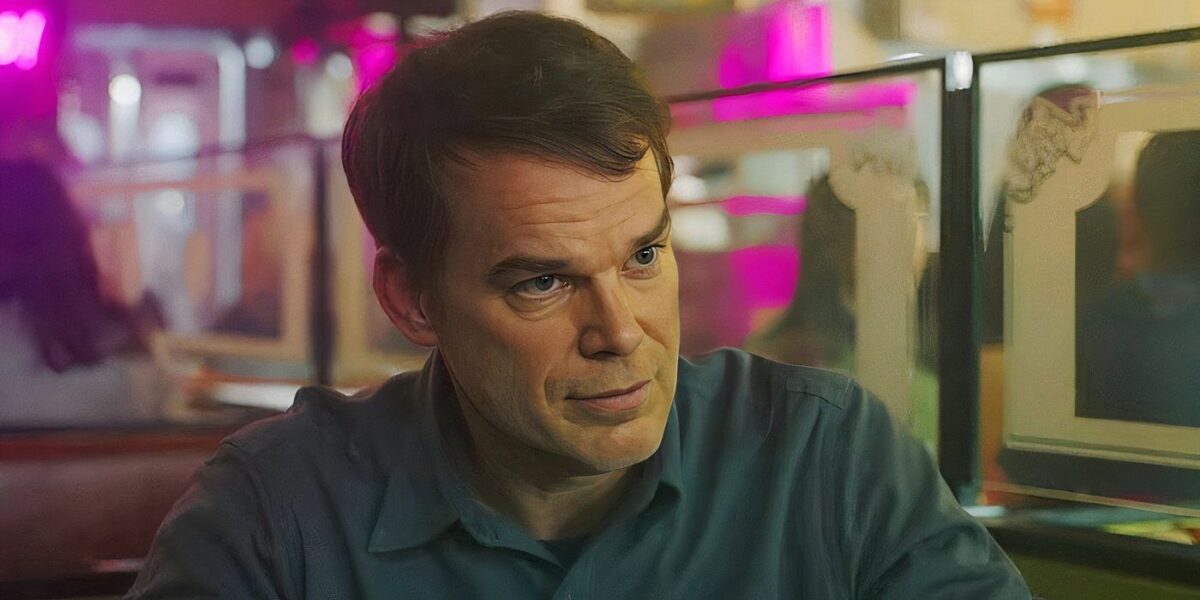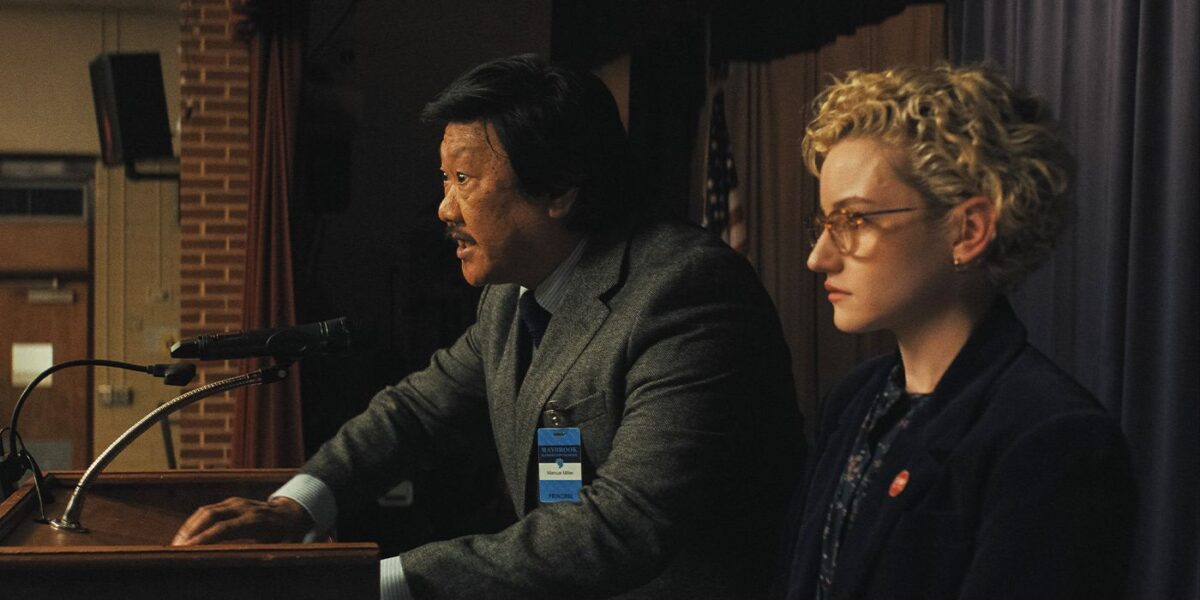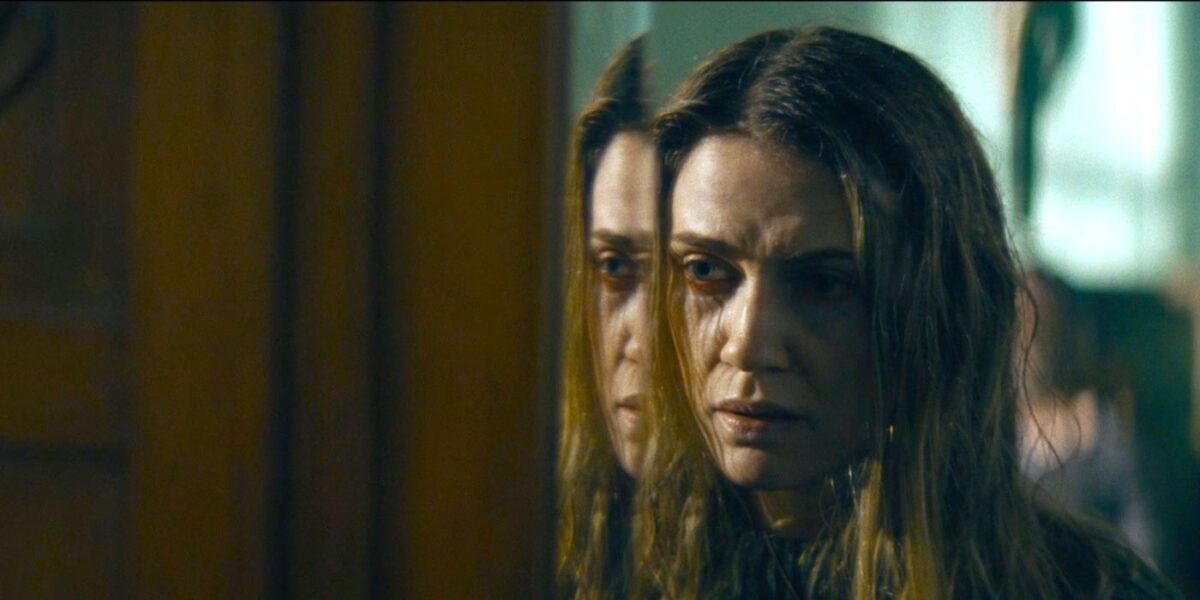
‘What If…?’ and ‘Echo’ Feature These Indigenous “Badasses”
Dec 27, 2023
The Big Picture
What If…? Season 2, Episode 6 introduces Kahhori, a young Mohawk woman with the power to reshape her world. Star Devery Jacobs learned Mohawk and felt pride in representing her community in the episode. She also discusses her involvement in the upcoming live-action Marvel series Echo and her love for the character of Kahhori.
With the premiere of What If…? Season 2, Episode 6, Marvel’s animated anthology series ventures into new territory, the kind that elevates the series for the better. The episode, “What If…Kahhori Reshaped the World” will introduce audiences to Kahhori (Devery Jacobs), a young Mohawk woman living in a pre-colonial Haudenosaunee Confederacy who one day falls into a magical world, and discovers she has the power to reshape her world in a way she never could have imagined.
In this one-on-one interview with Collider’s Therese Lacson, Jacobs talks about the process of learning Mohawk to play the part of Kahhori, and the experience of getting to share the episode with her community. She also talks about the unexpected connection she found in preparing for What If…? and for her role in the upcoming live-action Marvel series Echo, working with the “legendary” Alaqua Cox, and discusses the opportunities she’s earned to grow as a storyteller and a creative during her three seasons on the hit series Reservation Dogs.
What If…? Based on the Marvel Comics series of the same name, this animated anthology looks at alternate timelines in the multiverse that would happen if specific moments in the MCU occurred differently. Release Date August 11, 2021 Creator A. C. Bradley Rating TV-14 Seasons 2 Streaming Service(s) Disney+
Devery Jacobs Made Her Family Proud Playing Kahhori in ‘What If…?’
COLLIDER: Your episode in What If…? was amazing. And of course, I love your your work in Reservoir Dogs. It’s very exciting to speak with you. So can you tell me how you got involved What If…?
DEVERY JACOBS: I originally auditioned for What If…? in August of 2020. So it’s been a three-and-a-half-year-long process from beginning to end. They were looking for community members, they were looking for Mohawk speakers, and people from the Mohawk Nation. I’m actually not a speaker, I’m doing my best to learn my language, and I can have really basic conversations in Mohawk. But the character of Kahhori speaks much more fluently than I do, and is somebody who hasn’t been influenced by Western culture, and is someone who speaks Mohawk as her as her first language. So, for me, when I was auditioning for it, the pressure was on, and I wanted to make sure that I did the work behind it, because this is my language that I’m trying to learn, and I wanted to make sure that it was done right. But yeah, it was a classic old auditioning process, sending in voice tapes with just my iPhone, but trying to infuse as much passion and pride for being Kanien’kehá:ka as possible.
I’m curious, what about this character spoke to you in how you related to this character? Because obviously, her life and your life are very different. But there are some connecting points. Like, what spoke to you about Kahhori’s character?
JACOBS: I mean, the whole character of Kahhori in this episode of What If…? is literally why I got into this industry, and why I wanted to become a storyteller. Getting to be a part of the community screening that had just taken place the other day, and being surrounded by people I’ve grown up with, people from Kahnawake, people from Akwesasne, and to see how emotional the community was, and how empowering it was to have such a badass character was really special. That’s why I do this.
I have been wanting to see an indigenous superhero for so long, and to have one that speaks the language of my community of my Tóta, my grandmother, I never thought I would be able to see anything like it. So for me, it was really important seeing this character be brought to life, and instilled such a sense of pride for me. I was able to bring my niblings, my niece and nephews, and my niece is being raised as a first-language Mohawk speaker, and there’s no cartoons out there. There’s no animated shows. If there are, they’re from the community, and they’re not as epic as the Marvel Universe. She didn’t need the subtitles at all, and she knew exactly what was going on.
So, for language and cultural revitalization, it’s a huge opportunity. It does something to you, when you see somebody from your community being able to rewrite history and can save the world, and save their community, and their culture. That was hugely empowering. I do think that I’m not nearly as badass as Kahhori is. She is way cooler than I ever could be. But I know on TikTok people joke about how white guys are always thinking about the Roman Empire, like that’s something that their mind is always on, and for me, it’s always like, how were my ancestors living, pre-contact with Europeans? What might our societies have looked like, and what would it be like to be living during that time? That’s, that’s my Roman Empire, and to be able to play Kahhori, who really represents that time and place in the world, it’s not surprising to me that it’s a Mohawk woman who ends up saving the day.
Yeah, I think her story is really inspirational, and when I was watching, I was like God, if only. If only.
JACOBS: It’s cool to see so many aspects. I think they did an incredible job involving community members, and making sure they were doing it right. Because there’s songs in there that still exist today. People still speak the language. It’s my niece’s first language. People think of this as ancient history, but it’s a testament to how we’ve survived and endured and have really fought to preserve our way of life.
And what was it like? What was your niece’s response to you speaking Mohawk? Was there any criticism? Or was it all praise? [Laughs]
JACOBS: Oh, I mean, she’s three years old, so she was swept up in this story. But I was able to speak with my Tóta after. She used to be the principal of a Mohawk immersion school, and she gave me the highest compliment that I could have gotten for it, that it sounded like I was a first language speaker. For me, at the end of the day, to make my Tóta proud is better than anything out there.
Yeah, definitely. You said that you had to practice and work at this language. How was the process of learning it, and focusing on things like the pronunciation and the tone and things like that? What was that process like? Did you work with somebody specifically, who were the people involved?
JACOBS: I know there were translators involved. Cecilia King was one of the translators. She’s from Akwesasne. But Eva Fadden was somebody who was listening in to make sure that the dialect and tone were right. I grew up speaking Kanienʼkéha, conversationally. So I understood pronunciation, and it’s very different from the English language. I think that was one of the challenges in bringing this character to life. In English, when you have conversations or tell a story, there’s a lot of inflections, and highs and lows, and peaks and valleys in your speech to keep it interesting. But with Mohawk, it’s actually pretty monotone. Like it’s really monotone. Instead of inflecting upward at the end of a question, you go downward. So it’s a lot of things that people might think is the opposite.
It was a learning curve for a lot of people at Marvel, and making sure that these performances were not only audibly interesting and dynamic, but also were respectful of the Mohawk language, and were true to how we actually have conversations. So there was definitely a fine-tooth balance and dance in bringing that character to life. But I think the part that I’m most proud of is when Kahhori has a monologue leading up to the climax of the episode. I think that was maybe the work that I’m most proud of in the episode, is really getting to be unabashedly powerful, and hearing the beauty and the strength in the language through that moment.
I think Kahhori’s character is so, so interesting, and there’s so much potential there, and obviously, I’m not gonna spoil it, but this is not the last time that we see her. But do you have an interest in playing her in live-action? I think you would be a fantastic candidate to play her in live-action as well.
JACOBS: Thank you so much. I have been really fortunate to play the character Bonnie in the new Echo series. I don’t know, they’ve brought other people back in multiple roles. So I leave that up to the higher-ups at the MCU. But I just love this character of Kahhori so much, and would love to be able to bring her to life, whether that’s live-action, or whether that’s through animation. I’ll always be there for that.
Devery Jacobs Found an Unexpected Connection Between ‘What If…?’ and ‘Echo’
Speaking of Echo, because that was going to be my next question, I was going to ask, do these two characters have some type of connection with each other? Or is it just a coincidence that you’re playing both of them?
JACOBS: I think it was a coincidence. It was funny, when I originally got involved with What If…?, it was long before ever auditioning, or knowing that Echo was going to be a project, or that I would be auditioning for it. I didn’t want to send off too many radars that I’m already playing another character, even though it’s animation, even though it’s in another century, in another language, even though it’s in the What If…? universe. Only while I was on set had I mentioned to some of the people working on Echo, I was like, “Well, I do actually have another series,” and they had no idea. And so I don’t know. I love both of these series, and I’m so excited. And it’s wild, it was almost like I couldn’t have planned it out better if I tried, for them to be coming out just weeks apart from each other.
Yeah, that’s why I was like, what is this? Is there a conspiracy happening? It just seems to be the universe is saying this is your moment. Can I ask you some things about Echo? I know you can’t give that much away. But what was it like working on that live-action project? Because obviously there’s different requirements involved. There’s a more physical aspect to working on a show like this. Can you talk about that?
JACOBS: I think the connective tissue between “What If…Kahhori Reshaped the World?” and between Echo is the use of language. In both of them, there was a lot of homework involved. There was a lot of studying and making sure that I was getting the languages right. Obviously, that’s Mohawk for What If…?, but then for Echo, I had to learn American Sign Language. My character is a CODA, Child of Deaf Adults, and I get to work off the incredible and legendary Alaqua Cox. And so getting to work with her in Sign Language was something that I carried with a huge sense of responsibility, because I knew this is a bigger community than myself, and one that I had the privilege of being invited to, to play somebody who is in proximity to Deaf culture. I think it was a really special project, and the fact that we get not one but two indigenous heroines, and even if one’s superhero, and in Echo Maya Lopez is more of an anti-hero, both of them are just as badass.
How was it learning from Alaqua Cox about doing American Sign Language, and things like that? Because I feel like, there’s definitely a learning curve between just being able to sign in passing versus conversationally.
JACOBS: I’m still learning, I’m still taking classes for ASL. But my hope eventually is that I can be quadrilingual between English, French, Mohawk, and American Sign Language in my lifetime. I’m still working on it. But getting to work with Alaqua, getting to work with Douglas Ridloff, who was the ASL Master, and one of the producers on Echo was really inspiring and incredible. We also had ASL interpreters and Indigenous ASL interpreters, which I didn’t even know were around.
So it was a really special project, and getting to see how Douglas translated English from the page to ASL or sign language, depending on the character was really interesting. Because there’s different family dialects, there’s different regional dialects. There’s also Plains Indian Sign Language, and different Indigenous sign language, that date back to pre-colonization that’s incorporated into the show. So depending on each character’s proficiency, there was some of those incorporated throughout. But yeah, I played a CODA, so I was someone who was really, really proficient in ASL.
I didn’t realize that there were so many little details.
JACOBS: It’s things like getting to be a part of Echo and also What If…? and having those community members, and having the support of the Choctaw Nation and then the Mohawk Nation, I think incorporated an element of specificity and detail that wouldn’t have ever been there had it not been for those collaborators.
I’m also curious if you have any fight sequences that you can talk about?
JACOBS: I’m sworn to secrecy [Laughs]. I can say that I’ve witnessed some really awesome stuff by Alaqua. But I don’t know if we can say whatever our involvement is with that.
Devery Jacobs Celebrates the Opportunities ‘Reservation Dogs’ Gave Her
That’s very fair. That’s very diplomatic. I don’t expect to give anything away. And I mean, I can’t not ask you about Reservation Dogs, because your performance on that show was just outstanding. I’m curious what was the biggest lesson that you took away from working on such a massive project that you’ll take into your future?
JACOBS: I think the biggest takeaway I have is how much of an appetite for Indigenous stories there are out there. So many of us who worked on the show, from writers, to directors, to producers, who are Indigenous creatives, have been told at every turn that there isn’t an audience for Native storytelling. What I hope for the industry is that this is just the beginning, even though we had a quick three seasons, and a full-fledged show in such a short period of time, it’s my hope that it spawns a whole generation of storytellers and access into that. Then in terms of personally what I’ve taken away from all of it, I think I’m still reeling from this being the end. And I know with the strikes, we weren’t able to fully celebrate it or talk about it. So I think I’m still taking a step back, and sitting with the fact that this is the last season, and saying goodbye to these characters, and giving them back to our communities.
I know that you did some directing, and I think you might have done some writing for Reservation Dogs. Any interest in doing that for on your own projects? I mean I’m sure there is, do you have any ideas and feelers out there, anything that you can talk about?
JACOBS: Yeah, I have actually been writing and directing since 2015, and Sterlin [Harjo] had seen my work as a writer-director even before being cast in Reservation Dogs. He just really opened the door for so many of us who hadn’t had a chance to direct in television or write in television before. But yeah, that’s definitely something that I want to carry through. I think, as an actor, I’m more inclined to help other people tell their stories, and explore characters outside of myself.
But as a filmmaker, and as a creative behind the lens, that’s definitely where more of the passion projects come from. There’s been a feature film that I’ve been working on for the past six years that’s haunted me, but I’ve been a little preoccupied in front of the camera, and working on shows like Reservation Dogs and these other projects that I have. But now that things are opening up, and there’s a little bit more space, that’s going to be something that I’m going to that I’ll be focusing on.
That’s amazing. I can’t wait to see what that project is. I’m sure it’ll be a delight. I just want to say congratulations on all these new projects coming out, on Reservation Dogs. I know that you said because of the strikes, you guys couldn’t celebrate it too much. But you know, it’s just one of our favorite shows, we talk about all the time at work, and it’s a joy. And I want there to be more room for Indigenous storytelling, because I feel like that’s stepping into a world that I feel should be so obvious because we live on the lands, but like there’s just not enough when it comes to those types of stories. I wish you all the luck, and I can’t wait to see what else you have in store.
Thank you so much! I very much appreciate your time, and just want to make a quick mention of another project where I was able to confirm that I was physically involved in preparing for the role, was a cheerleading feature called Back Spot that will have its theatrical release in the spring of 2024. That’s an example of one of the projects that’s a passion project for me that I was able to produce. I just want to shout that out.
What If…? Season 2 is releasing one new episode per day until December 30 on Disney+. “What If…Kahhori Reshaped the World” premieres on December 27.
Watch on Disney+
Publisher: Source link
Jenna Ortega Can’t Save A Meandering, Directionless Season 2
Despite its clumsy attempts to recapture the magic of the ‘90s films “The Addams Family” and “The Addams Family Values,” season one of “Wednesday” found its charm through the stone-faced performance of Jenna Ortega as the titular Wednesday Addams. made…
Aug 12, 2025
Dexter’s Pursuit of the Gemini Killer Leads to the Series’ Most WTF Twist
Editor's note: The below recap contains spoilers for Dexter: Resurrection Episode 6. If you thought after three TV series that the world of Dexter Morgan (Michael C. Hall) had run out of things to do, oh, has Dexter: Resurrection been…
Aug 12, 2025
Zach Cregger’s ‘Barbarian’ Follow-Up Is Frightening, Hilarious, and One of 2025’s Best Horror Films
In recent years, it seems like we’ve seen an uptick in people known for comedy dipping their toes into horror. Most famously, Jordan Peele won an Oscar for his debut feature as writer-director, Get Out, but Kevin Smith and Bobcat…
Aug 12, 2025
Will We Ever Get A Completely Original Exorcism Movie Again?
Ever since The Exorcist became a blockbuster success, the concept of possession has been one of the most used in the horror genre, whether having a whole plot built around it, or adding it late to the game. As is…
Aug 11, 2025
